Starting organic lawn care
bucks5022004
10 years ago
Related Stories
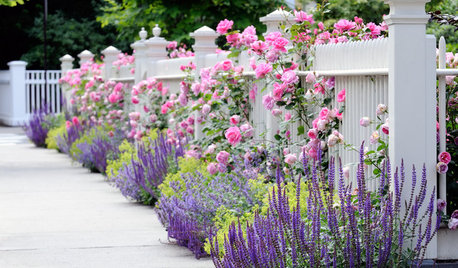
GARDENING GUIDES10 Tips to Start a Garden — Can-Do Ideas for Beginners
Green up your landscape even if you're short on time, money and knowledge, with these manageable steps for first-time gardeners
Full Story
MOST POPULAROrganized From the Start: 8 Smart Systems for Your New House
Establishing order at the outset will help prevent clutter from getting its foot in the door
Full Story
ENTRYWAYSOrganizing Starts at the Door
You don't need fancy bins and containers to keep your entryway tidy — just a system that sticks
Full Story
HOUZZ TOURSHouzz Tour: A Texas Home Gets a Healthy, Fresh Start
Mold eradication was just the beginning for this Austin family's home on a creek bed — toxins of all kinds now don't make it past the door
Full Story
GARDENING GUIDESHow to Stop Worrying and Start Loving Clay Soil
Clay has many more benefits than you might imagine
Full Story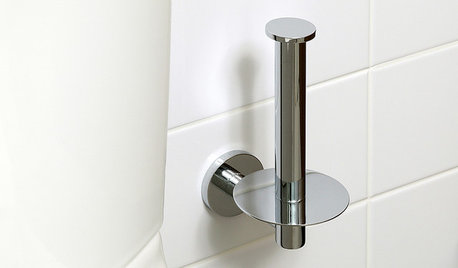
FUN HOUZZ14 Things You Need to Start Doing Now for Your Spouse’s Sake
You have no idea how annoying your habits at home can be. We’re here to tell you
Full Story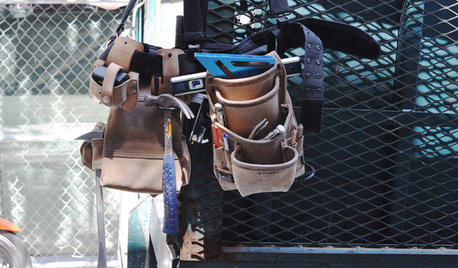
MOST POPULAR10 Things to Ask Your Contractor Before You Start Your Project
Ask these questions before signing with a contractor for better communication and fewer surprises along the way
Full Story
COMMUNITYWant a Cleaner, Safer Neighborhood? Show You Care
Our behavior strongly influences others, says a new study. Show neighbors you care about your street and watch them follow suit
Full Story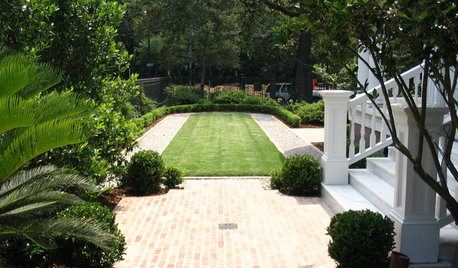
GARDENING GUIDESHow to Plant a New Lawn From Sod
Take the quick-start route to turf with sod; these installation guidelines will help ensure a healthy and long-lasting lawn
Full Story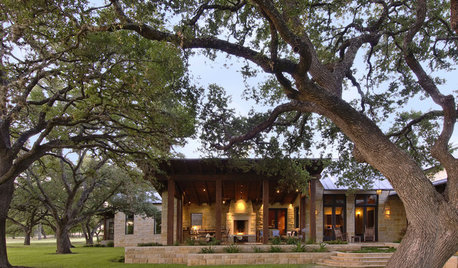
GARDENING GUIDESTree Care: Common Tree Diseases and What to Do About Them
Learn to recognize trees that may be affected by diseases or pests so you can quickly take action
Full Story





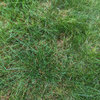

dchall_san_antonio
bucks5022004Original Author
Related Professionals
Ballenger Creek Landscape Architects & Landscape Designers · Ilchester Landscape Architects & Landscape Designers · Americus Landscape Contractors · Brookfield Landscape Contractors · Cliffside Park Landscape Contractors · Dixon Landscape Contractors · Euclid Landscape Contractors · Fort Wayne Landscape Contractors · Little Ferry Landscape Contractors · Rancho Santa Margarita Landscape Contractors · Tuscaloosa Landscape Contractors · Casselberry Landscape Contractors · Glendora Swimming Pool Builders · San Antonio Swimming Pool Builders · Visalia Swimming Pool Buildersdchall_san_antonio
joepyeweed
dchall_san_antonio
bucks5022004Original Author
andy10917
dchall_san_antonio
dchall_san_antonio
bucks5022004Original Author
dchall_san_antonio
joepyeweed
bucks5022004Original Author
andy10917
tnjdm
bucks5022004Original Author
dchall_san_antonio
joepyeweed
tnjdm
dchall_san_antonio